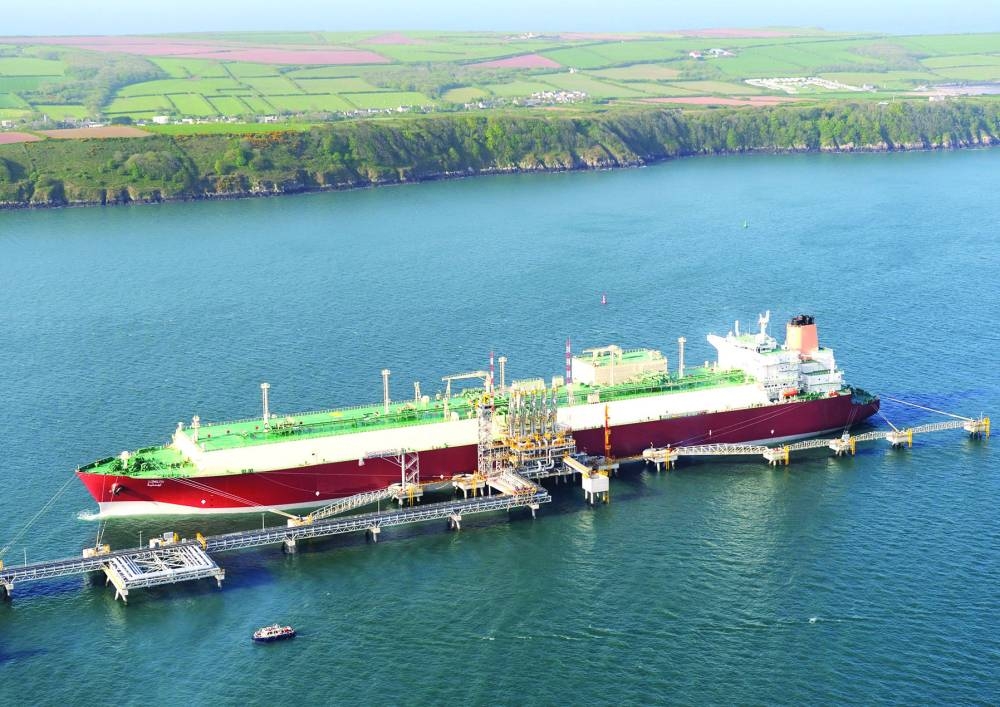Nakilat’s 69 liquefied natural gas (LNG) carriers have delivered 198 cargoes of an estimated volume of 20.3mn metric tonnes with 100% reliability at the end of February 2003.
The company's four liquefied petroleum gas (LPG) carriers have delivered seven cargoes of an estimated volume of 0.32mn metric tonnes with 100% reliability during the review period.
The LNG carriers have travelled 0.9mn nautical miles and the LPG carriers have travelled 0.09mn nautical miles, according to the latest issue of Nakilat's magazine ‘Voyage’.
"2023 has started on an eventful and prosperous note for the company as we continue to sail the waters, deliver clean energy, and reach our vision to becoming a global leader of choice for energy transportation and maritime services," said Abdullah al-Sulaiti, Chief Executive Officer, Nakilat.
Not only does Nakilat continue to become more profitable and deliver value to its shareholders, but also in a post pandemic world, it has been able to improve on safety, employee welfare and mental health, promoting work-life balance to its dedicated workforce, he said.
Nakilat’s Global Series LNG vessels are designed to have a lower boil-off rate, implying that they are able to transport LNG more efficiently and with less loss of cargo due to evaporation.
They are also designed to be more environmentally friendly, with features such as a waste heat recovery system and an advanced ballast water treatment system.
In addition to their advanced technology and environmental features, the Global Series LNG vessels are also built with safety in mind.
They have redundant systems and state-of-the-art navigation and communication equipment, and they are manned by experienced crews who are trained to handle emergencies.
Overall, these LNG vessels in addition to the rest of the fleet are an important part of the global LNG shipping industry, helping to transport natural gas from Qatar to markets around the world.
Nakilat is working on carbon footprint reduction and a long term detailed action plan outlining the specific steps and timelines for achieving the goals.
"This should include key performance indicators (KPIs) and regular progress reports to track and communicate the company’s progress towards its commitments," said the magazine.
Releasing environmental commitments also presents an opportunity to engage stakeholders and create partnerships with other joint venture companies working towards similar goals, it said.
"We can collaborate with suppliers, customers, industry associations, and non-profit organisations to share knowledge and resources and drive collective action towards a more sustainable future," the magazine added.

A Nakilat QMax LNG vessel. Its LNG shipping fleet is the largest in the world. The carriers have travelled 0.9mn nautical miles and the LPG carriers have travelled 0.09mn nautical miles, according to the latest issue of Nakilat's magazine ‘Voyage’.

